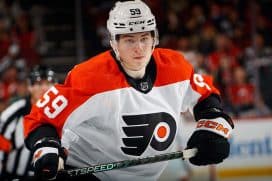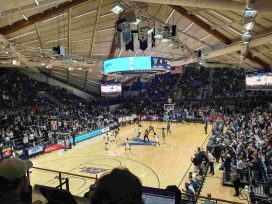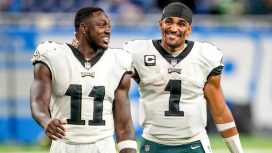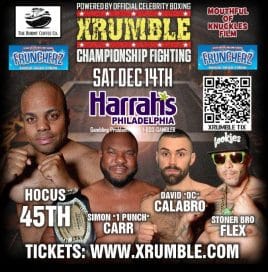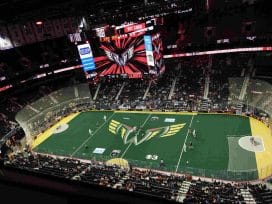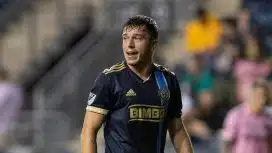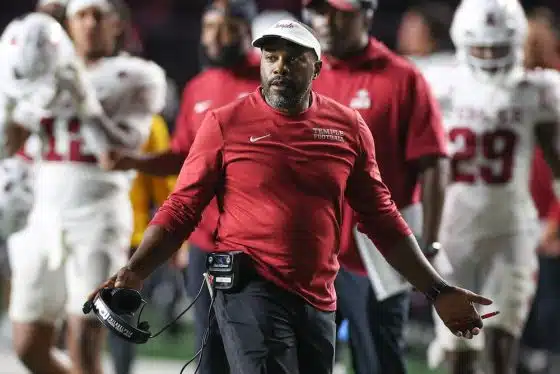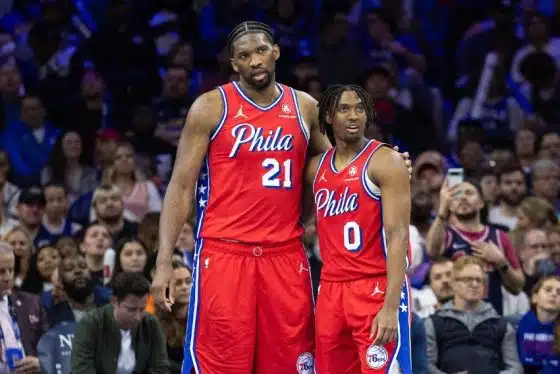Phillies
Top 25 Players to Ever Play a Game for the Phillies: No. 12, Jim Bunning
By Matt Albertson, Historical Columnist
It's not very often we talk about the Phillies actually winning a trade, but that's exactly what happened with the Phillies dealt Don Demeter and Jack Hamilton to the Detroit Tigers for nine-year veteran Jim Bunning and catcher Gus Triandos. The Detroit Free Press quoted Tigers manager Charlie Dressen raved about Demeter, who slashed .258/.306/.433 with 22 home runs and 88 RBI in 1963 with the Phillies. "Better than [Rocky] Colavito!" he exclaimed. (The Tigers traded the talented outfielder earlier in the offseason). The Press on Dec. 6 raved that Demeter would be a great improvement for a team that underperformed in 1963 and didn't mention Bunning as a concerning loss. Other general managers and coaches were quoted as saying it was a good trade all around. Bunning himself said he wasn't surprised about the trade, given his mediocre 12-13 record.
Detroit fans would probably be up-in-arms had such a trade gone through today. Sabrmetrics show that Demeter was an average player while Bunning proved to simply have one down year. The Philadelphia Inquirer was elated with the trade, citing Bunning was available due to his down 1963 record, relationship with manager Charlie Dressen and Detroit's need for a center fielder. Bunning, then a five-time All-Star, brought his 118-87 record and career 3.45 era to Philadelphia in what became a magical and now notorious 1964 season. He anchored the pitching staff that included Chris Short and Art Mahaffey.
In six years with the Phillies, Bunning went 89-73 with a 2.93 ERA, including three straight 19 win seasons and a perfect game on Father's Day 1964. Late in the 1964 campaign with the pennant in sight, manager Gene Mauch pitched Bunning 10 times between September and October, including five of the last 12 games. Unfortunately it was all for not, as the club tumbled, finishing second to the surging Cardinals, who went on to win the World Series.
Career Accomplishments
Jim Bunning's Hall of Fame plaque soon after his death on May 26, 2017 (Matt Albertson/Sports Talk Philly)
- Seven All-Star Game selections, two of which came with the Phillies
- National League strikeout leader with Phillies in 1967
- Won 17 or more games in a season eight times
- Won 100 games and posted over 1,000 strikeouts in both the National League and American League (source)
- 224 career wins
- Over 2,800 career strikeouts
- Inducted into the baseball Hall of Fame in 1996
*Awards were not factored into the formula
Career-Defining Moment
By June 21, 1964, Father's Day, the Phillies topped the National League standings with a 36-23 record. On Sunday June 21, the Phillies had a doubleheader with the New York Mets at Shea Stadium in New York and Bunning was scheduled to start the first game against Tracy Stallard.
The Phillies opened the first inning with a leadoff walk by Johnny Briggs, who moved to second on a sacrifice bunt by first baseman John Herrnstein. Rookie sensation Dick Allen singled and scored Briggs. It was the only run the Phillies would need, as Bunning sent the Mets down in order. The Phillies added another run in the second and Bunning repeated his work from the first inning.
Mets pitcher Tracy Stallard dominated the Philadelphia hitters for the next three innings, allowing only a walk and a single. It seemed as if both pitchers found a groove that would be difficult for hitters to buck. While Stallard was pitching well, spectators at Shea began to take notice that Bunning was perfect through four innings. The Phillies pitcher was in familiar territory; weeks earlier on May 18, Bunning threw a one hit shutout against the Houston Colt 45's. That lone hit came in the fifth inning when Jim Wynn led off with a single to left field. Bunning nearly lost his bid at perfection again during the 5th inning at Shea.
Joe Christopher popped up for the first out of the inning. Mets catcher Jesse Gonder hit a first-pitch change-up sharply to the hole between first and second. Phillies second baseman Tony Taylor dove for the ball, knocked it down, and fired the ball to first base from his knees for the second out of the inning. Hawk Taylor grounded out the Dick Allen at third base for the final out of the inning. Bunning was perfect through five. Between innings, Bunning was talkative and eased the increasing pressure on his teammates.
The Phillies opened up their lead over the Mets in the sixth. Johnny Callison homered to right to start the inning. After catcher Gus Triandos singled in a run, Bunning joined in the hit parade with a two-run double to center field.
The Phillies hurler continued his impressive pace in the late innings and did not let a ball out of the infield after Mets shortstop Charlie Smith flied out to center. Smith led off the bottom of the ninth inning and popped out in foul territory. At this point, Mets skipper Casey Stengel sent up power hitter George Altman to the plate to pinch hit for third baseman Amado Samuel. Bunning summoned his battery-mate, Triandos, to the mound and asked Triandos to tell him a joke in order to keep him relaxed. The Phillies catcher laughed and trotted back to his position behind home plate and Bunning subsequently struck out Altman.
Stengel sent up left-handed John Stephenson to pinch hit for Mets reliever Tom Sturdivant. Stephenson swung at the first pitch and stared at the second. With the count 0-2, Bunning tossed two balls outside the struck zone. With the count 2-2, Bunning threw a high curveball which Stephenson waived at for Bunning's 10th strikeout of the day. Jim Bunning, the father of seven children, had achieved perfection on Father's Day 1964 in a mere 86 pitches. It was the first perfect game recorded in the National League since John Montgomery Ward's 1880 perfect game against the Buffalo Bisons.
Reasoning for ranking
Bunning scored 44 points in our formula. He totaled 60.3 WAR, averaging 3.54 WAR over his 17 seasons. He had 11 seasons of 2+ WAR and six seasons at 5+ WAR, and two seasons at 8+ WAR totaling 39 points. His 224 wins ranks 70th all-time, his 1.179 WHIP 105th all-time, and his 6.83 k/9 166th all-time, totaling five points.
Bunning scored eight points on our subjective importance scale because he was instrumental in the club's infamous 1964 season, in which he threw the first perfect game in the National League since John Montgomery Ward's perfecto in 1880. He also brought a veteran presence to a clubhouse of players who had only finished second in the division prior to his arrival.
Explanation of scientific formula
The player rankings formula combines both traditional and advanced statistics/metrics and assigns a point total to each category.
